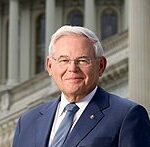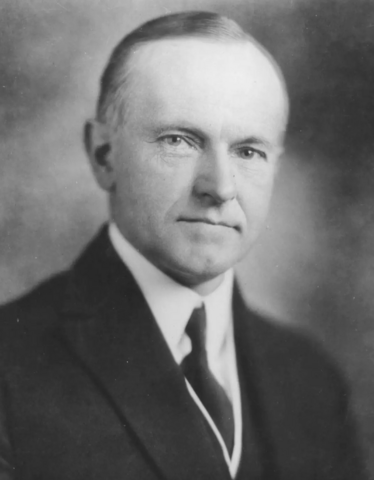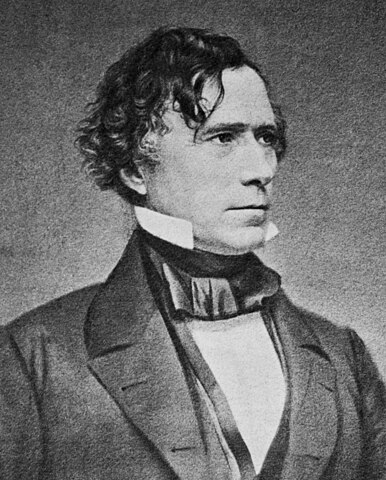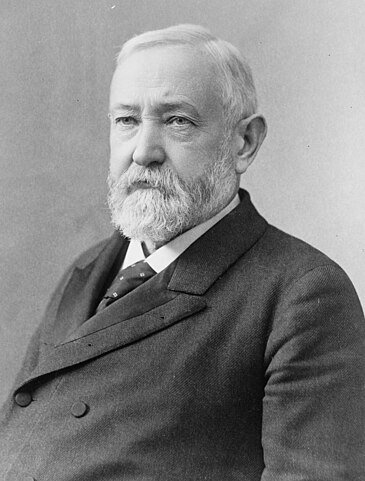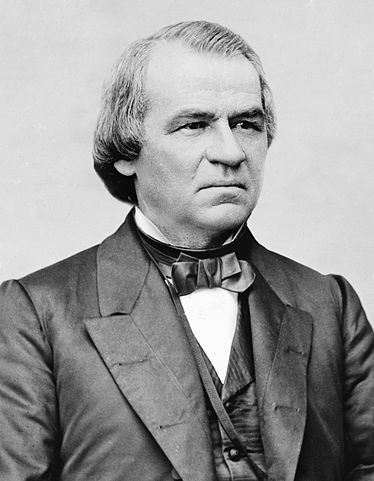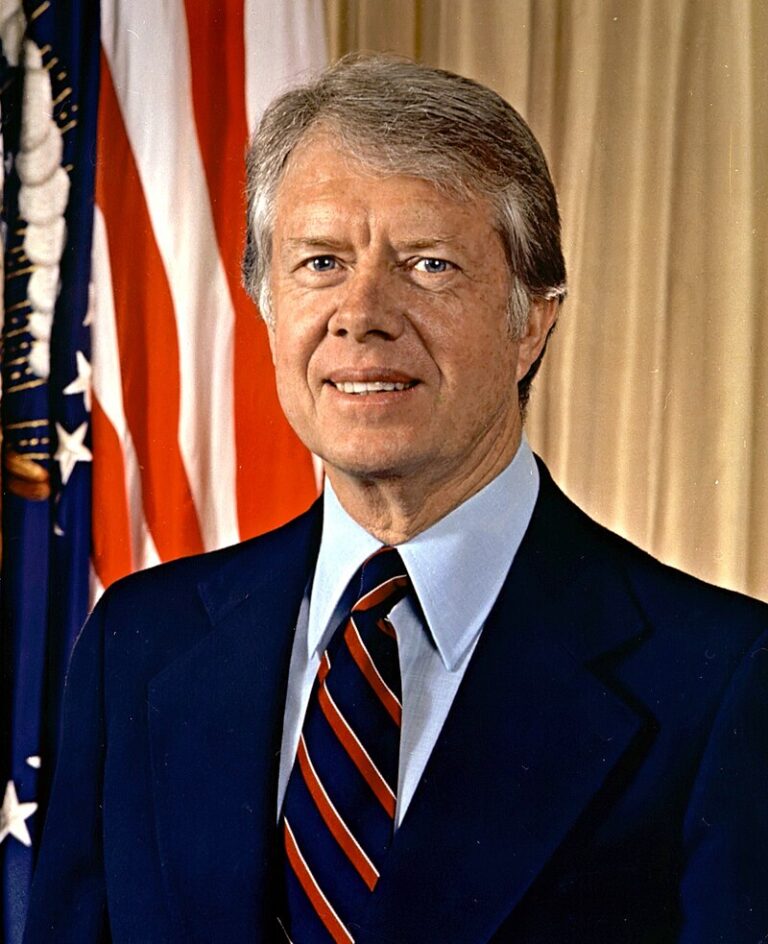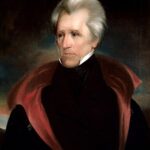 Andrew Jackson, the 7th President of the United States, served from 1829 to 1837. His presidency is often characterized by his strong leadership, populist appeal, and controversial policies. Here’s an in-depth exploration of his time in office:
Andrew Jackson, the 7th President of the United States, served from 1829 to 1837. His presidency is often characterized by his strong leadership, populist appeal, and controversial policies. Here’s an in-depth exploration of his time in office:
Background and Rise to Presidency:
- Born in 1767 in the Waxhaws region between North and South Carolina, Jackson was known for his military leadership, particularly in the War of 1812, where he became a national hero after the Battle of New Orleans.
- Jackson’s political career included serving as a U.S. Senator from Tennessee and as a judge on the Tennessee Supreme Court before becoming president. He ran for president in 1824 but lost in a controversial election decided by the House of Representatives. He won decisively in 1828, campaigning as a champion of the common man against the entrenched aristocracy.
Domestic Policy:
- Jacksonian Democracy:
- Jackson is credited with broadening the scope of democracy by advocating for the expansion of voting rights to all white men, not just the property-owning elite, which increased political participation.
- Spoils System:
- He implemented the “spoils system,” replacing many federal officeholders with his political supporters, arguing it brought government closer to the people. Critics saw this as patronage.
- Bank War:
- One of his most famous confrontations was with the Second Bank of the United States:
- Jackson viewed the Bank as an unconstitutional monopoly and vetoed its re-charter in 1832, which became a central issue in his re-election campaign.
- He withdrew federal funds from the Bank, distributing them to state banks, leading to economic fluctuations.
- One of his most famous confrontations was with the Second Bank of the United States:
- Indian Removal:
- The most controversial aspect of his presidency was the Indian Removal policy:
- Indian Removal Act (1830): This law authorized the negotiation of treaties for the removal of Native American tribes from their ancestral lands to lands west of the Mississippi River, leading to the tragic “Trail of Tears.”
- His policy towards Native Americans has been widely criticized for its brutality and disregard for tribal sovereignty.
- The most controversial aspect of his presidency was the Indian Removal policy:
- Nullification Crisis:
- Jackson faced a major constitutional crisis when South Carolina nullified federal tariffs, claiming states’ rights to nullify federal laws:
- Jackson responded with the Force Bill, authorizing the use of military force to enforce federal laws, while simultaneously negotiating a compromise tariff to defuse the situation.
- Jackson faced a major constitutional crisis when South Carolina nullified federal tariffs, claiming states’ rights to nullify federal laws:
Foreign Policy:
- Expansion and Diplomacy:
- Jackson’s administration focused on expanding U.S. territory, negotiating treaties like the Transcontinental Treaty (Adams-Onís Treaty) which had been signed under Monroe but implemented under Jackson.
- Texas:
- He was against immediate annexation of Texas due to the slavery issue but supported the independence of Texas from Mexico.
Economic Policy:
- Hard Money Policies:
- Jackson favored hard currency (gold and silver) over paper money, leading to the Specie Circular of 1836, which required public lands to be purchased with specie, contributing to the Panic of 1837 after his presidency.
Legacy:
- Popular Leader: Jackson was immensely popular, particularly among the working class, for his fight against perceived elitism and his direct approach to governing.
- Controversial Decisions: His policies, particularly regarding Native Americans and the banking system, remain points of contention. The Trail of Tears is often cited as one of the darkest chapters in U.S. history.
- Cultural Impact: The era and Jackson’s image are associated with the rise of American democracy but also with the complexities and contradictions of that expansion.
- Post-Presidency: After his term, Jackson retired to his estate, The Hermitage, in Tennessee, where he remained influential in politics until his death in 1845.
Jackson’s presidency left a mixed legacy. His promotion of democracy and his struggle against what he saw as entrenched privilege are lauded by some, while his methods and policies, especially concerning Native American rights, are condemned by others. His influence on the American political landscape, both in policy and in the character of the presidency, remains significant.




